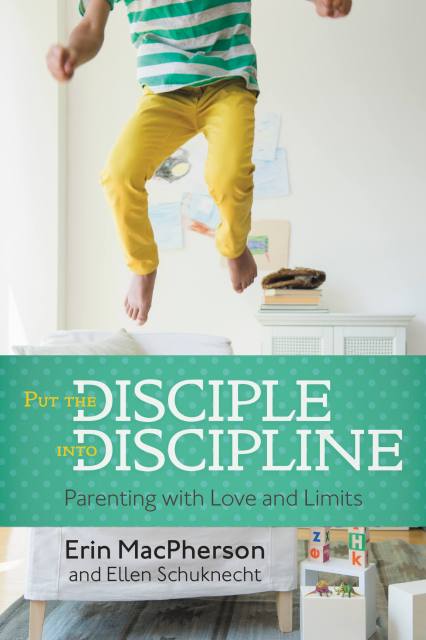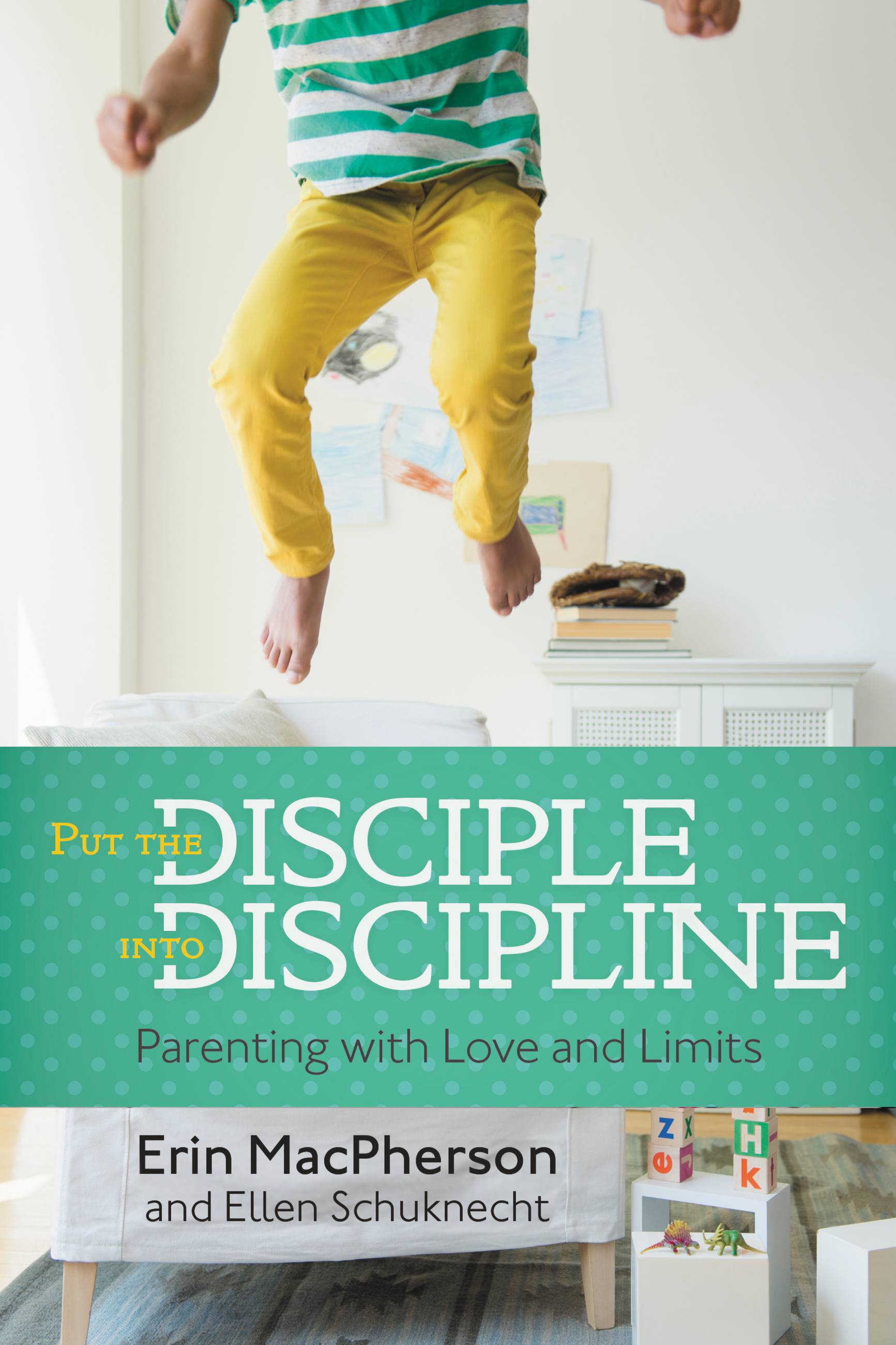Promotion
Use code MOM24 for 20% off site wide + free shipping over $45
Put the Disciple into Discipline
Parenting with Love and Limits
Contributors
By Ellen Schuknecht
Formats and Prices
Price
$8.99Price
$11.99 CADFormat
Format:
- ebook $8.99 $11.99 CAD
- Trade Paperback $14.99 $19.49 CAD
This item is a preorder. Your payment method will be charged immediately, and the product is expected to ship on or around June 20, 2017. This date is subject to change due to shipping delays beyond our control.
Also available from:
PUT THE DISCIPLE INTO DISCIPLINE gives parents the tools they need to truly disciple their kids through their most trying discipline situations.
How do you respond when your three-year-old is throwing pennies at other carts as you walk through the aisles at Target? Or when your eight-year-old daughter rolls her eyes in a dramatic fit of preteen angst? Or when your sixteen-year-old son is lying as he attempts to go somewhere that he never should be?
These are the tough moments in parenting.
But they are also the moments that will define your kids.
We want to give parents the tools they need to truly disciple their kids through their most trying discipline situations. With these tools, parents can guide their kids’ hearts towards the God who loves them deeply, and survive those pull-out-your-hair parenting moments. We pray thatPUT THE DISCIPLE INTO DISCIPLINEwill help parents to connect with their kids in a heartfelt way so that their kids, in turn, can connect with the God who created them to be truly and imperfectly His.
Genre:
-
"What a treasure for moms! I absolutely love Erin and Ellen's ideas on how to deal with common behavioral issues with children. Their philosophy is compassionate and in-depth; their ideas are practical, peaceful, and unifying for parent and child. Grace and understanding abound. Finally, a book on parenting with love and limits that I can recommend whole-heartedly, without reservation!"Becky Johnson, co-author with Rachel Randolph of Nourished: A Search for Health, Happiness and a Full Night's Sleep
- On Sale
- Jun 20, 2017
- Page Count
- 240 pages
- Publisher
- FaithWords
- ISBN-13
- 9781478918110
Newsletter Signup
By clicking ‘Sign Up,’ I acknowledge that I have read and agree to Hachette Book Group’s Privacy Policy and Terms of Use








